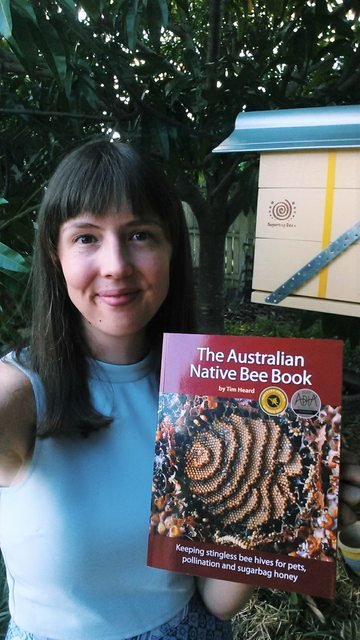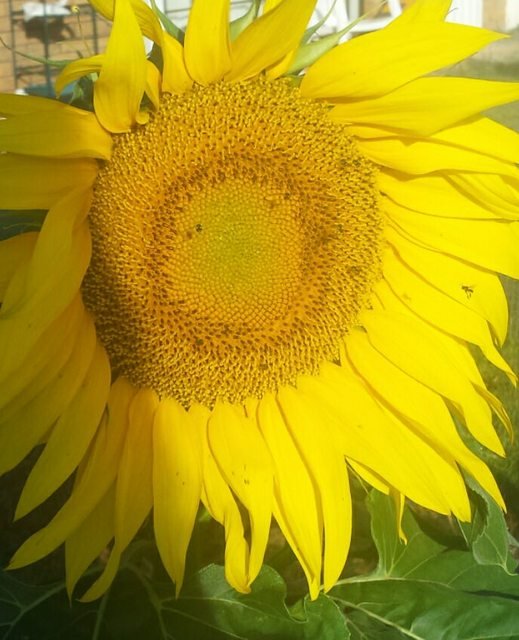Keeping Australian Native Stingless Bees - Introduction
One of the perks (and pretty much the only one) of having your birthday close to Christmas is that sometimes people combine your presents...this happened to me this year – I got a hive of Australian Native Stingless bees!

This present included a hive (with its own little roof), a few thousand bees and The Australian Native Bee Book all from Stingless Bee guru Tim Heard. The book is very informative, and includes so much great info on understanding bees as an insect, their social lives, pollination, making a hive and all aspects of Stingless Bee-keeping.
There are over 2,000 Australian native bee species, and Stingless or Sugarbag bees can be found naturally in some regions of Australia and spoiler alert – the actually can and do sting!
Well, they nibble and usually only when the hive is being disturbed, not like their cousins...would anyone like to play barefoot in a field of clover? I promise you'll only get bitten five times, it'll be fun!
I've seen Stingless bees in my garden before, they look like ants with wings and they love sunflowers:

Stingless bees only produce 1kg of honey per year but the honey has a unique and exquisite flavour with antimicrobial activity similar to that of medicinal Manuka Honey. They also have a short flight range of only 500m, they aren't fussy – they use the pollen of many native and exotic plant species and are one of the best pollinators of Mango trees.
Hopefully my lazy Mango tree flowers next year, so I can put the gang to work (we traumatised it with a 'trim' nearly two years ago).
Stingless bees pollinate at a lower rate than honey bees and other larger bees, but they're just so cute, and fast!
The bees on their way to work
I also got a whole bunch of seeds for veggies and bee forage and I have started adding more native plants for my new pets, I'm interested to test their loyalty (who's garden are you really pollinating?), see if they have preferences and whether or not they pollinate all fruit and veggies.
In 12 months time we will be able to harvest 1kg of liquid gold and split the hive, until then I'm looking forward to learning more about these amazing little insects :-)
xo
thegirlwhogrew
@originalworks